To provide the best experiences, we use technologies like cookies to store and/or access device information. Consenting to these technologies will allow us to process data such as browsing behaviour or unique IDs on this site. Not consenting or withdrawing consent, may adversely affect certain features and functions.
The technical storage or access is strictly necessary for the legitimate purpose of enabling the use of a specific service explicitly requested by the subscriber or user, or for the sole purpose of carrying out the transmission of a communication over an electronic communications network.
The technical storage or access is necessary for the legitimate purpose of storing preferences that are not requested by the subscriber or user.
The technical storage or access that is used exclusively for statistical purposes.
The technical storage or access that is used exclusively for anonymous statistical purposes. Without a subpoena, voluntary compliance on the part of your Internet Service Provider, or additional records from a third party, information stored or retrieved for this purpose alone cannot usually be used to identify you.
The technical storage or access is required to create user profiles to send advertising, or to track the user on a website or across several websites for similar marketing purposes.
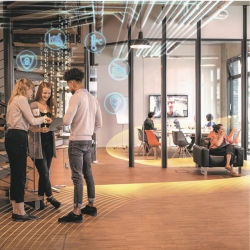 Siemens Smart Infrastructure has launched a smart building suite designed to create more efficient and flexible workplaces where people are at the core. The suite of IoT (Internet of Things) enabled devices, applications and services turn offices into a competitive advantage for companies. (more…)
Siemens Smart Infrastructure has launched a smart building suite designed to create more efficient and flexible workplaces where people are at the core. The suite of IoT (Internet of Things) enabled devices, applications and services turn offices into a competitive advantage for companies. (more…)




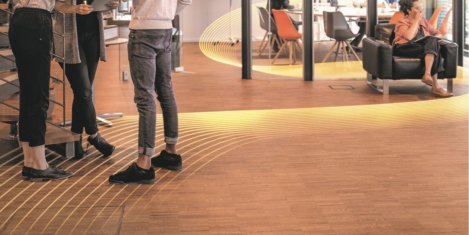





 Over half of American workers feel they have no one to turn to with a workplace issue, claims new research. The survey conducted by OnePoll on behalf of
Over half of American workers feel they have no one to turn to with a workplace issue, claims new research. The survey conducted by OnePoll on behalf of 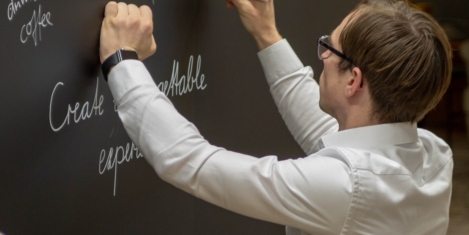
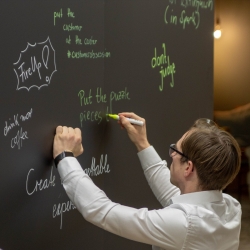

 Nearly half of UK workers admit to being greener at home than they are in the office, although more and more are realising the importance of green habits,
Nearly half of UK workers admit to being greener at home than they are in the office, although more and more are realising the importance of green habits, 


 By 2050, cars will be completely driverless, electric and kitted out for hosting business meetings on the go, a
By 2050, cars will be completely driverless, electric and kitted out for hosting business meetings on the go, a 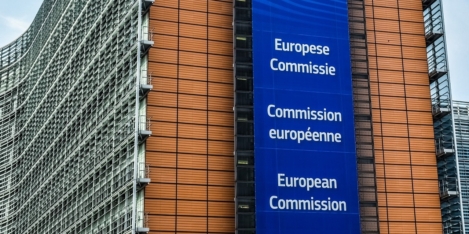
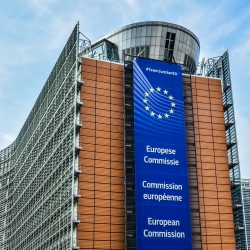 The European Commission has put forward a strategy to promote the development of AI and robotics while putting people first and defending European values and rights. The strategy acknowledges that AI can open up new opportunities for businesses and bring solutions to challenges such as climate change. However, it aims to address the social, legal and ethical impact of new technology.
The European Commission has put forward a strategy to promote the development of AI and robotics while putting people first and defending European values and rights. The strategy acknowledges that AI can open up new opportunities for businesses and bring solutions to challenges such as climate change. However, it aims to address the social, legal and ethical impact of new technology. 
 Nine in ten freelancers in the UK feel the move to freelancing has improved their quality of life, a
Nine in ten freelancers in the UK feel the move to freelancing has improved their quality of life, a
 Each flexible coworking space created in a smaller town or suburban area reduces carbon emissions by an average of 118 tonnes a year thanks to shorter commutes, an international
Each flexible coworking space created in a smaller town or suburban area reduces carbon emissions by an average of 118 tonnes a year thanks to shorter commutes, an international 







February 27, 2020
The integration of people, place and policy will define the new workplace era
by Frances Gain • Comment, Wellbeing, Workplace design